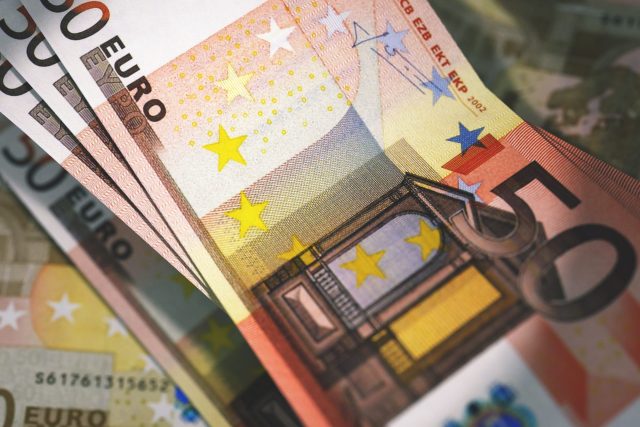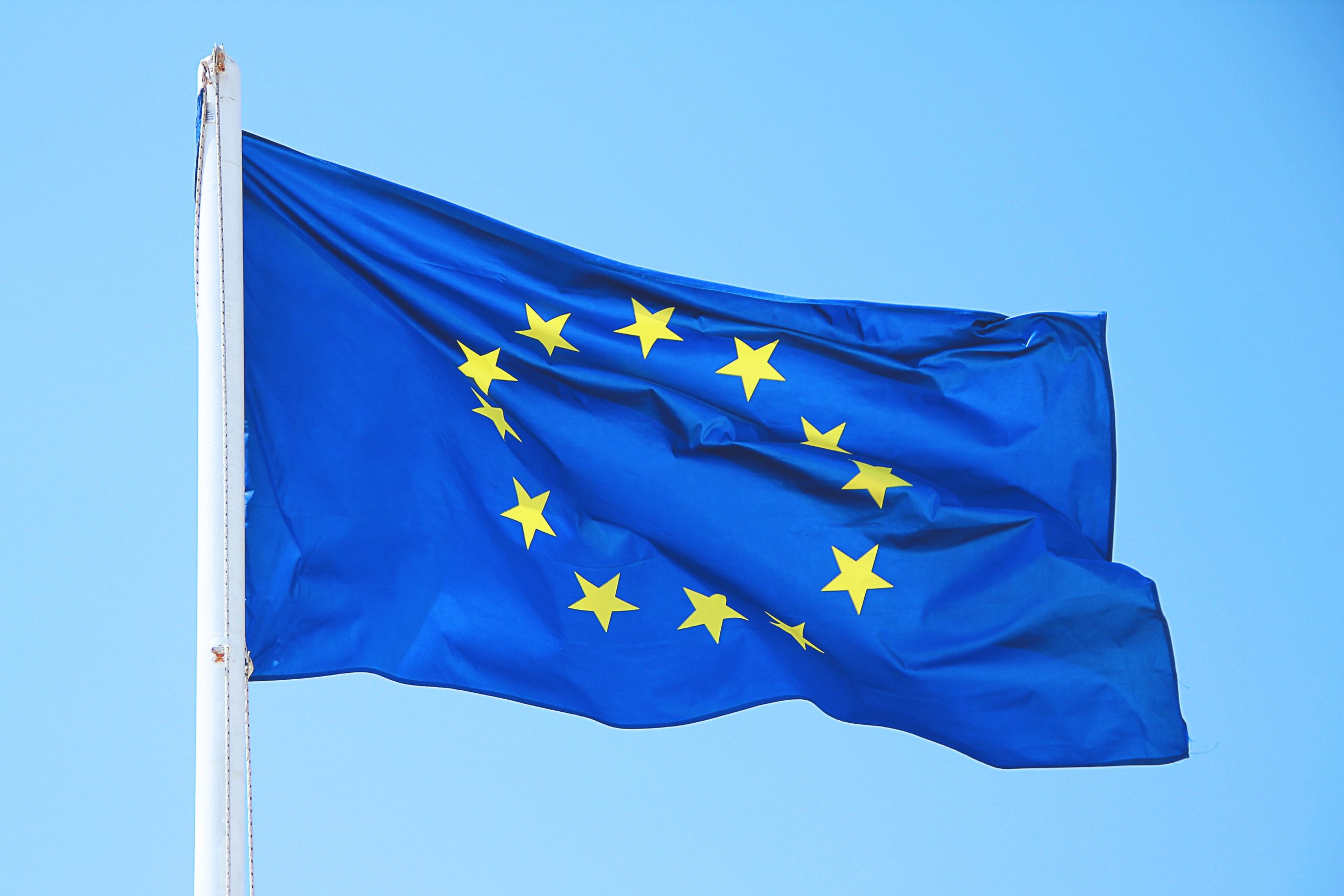
The European Union will succeed in honouring its pledge to Ukraine last year: 50 billion in support will be included in the EU’s multiannual budget for this financial cycle. The decision was taken at the last EU summit by unanimous vote, including Hungarian Prime Minister Viktor Orban, who opposed it last time the issue was discussed in the European Council, voting “yes”. There was no need for Orban to take a coffee break – as happened during the vote on starting Ukraine’s accession negotiations – to vote in his absence, thus circumventing the system of unanimity. But how other European leaders convinced him remains a great mystery. Sources in Brussels claim that he has not received anything, or, more precisely, the concessions would be minor. Orban says, however, that he would have scored a victory. The fact is that the decision is intended to reassure Ukrainian President Volodimir Zelenski, who has been very nervous about the delay in support, with the state’s treasury empty, and the deadlock in the US Congress, which has yet to approve new support for Ukraine.
On the other hand, the Hungarian people can also rest assured that once Prime Minister Orban has reached a compromise with Brussels, the latter will not unleash a financial “Armageddon” on Hungary either, in order to “blackmail” the former into giving up blocking further support for Kiev. According to European Council president Charles Michel, the agreement guarantees “stable, predictable and long-term funding” for Ukraine. The EU’s new aid to Ukraine was blocked in December by Viktor Orban, who used his veto.
Ukraine to receive €33 billion in loans and €17 billion in grants
Ukraine is set to receive a further €50 billion in aid from the EU – €33 billion in loans and a further €17 billion in grants – over the next four years. But this aid could be revised. The 27 have agreed to discuss how to implement the aid package on a case-by-case basis and, if necessary, but only after two years, the agreement could be reassessed. The Hungarian prime minister sees this as a success for his relationship with Brussels. On the other hand, other leaders see it as a small concession. In particular, they did not agree that Hungary should be able to use its veto during the annual debates, thus blocking the implementation of the agreement at any time.
“Orban got nothing,” according to sources quoted by Politico and The Guardian.
According to them, the Hungarian Prime Minister simply caved in to pressure from the other 26 European leaders. And the concessions he has received are minor and allow him to present his defeat as a victory at home, the sources say. According to them, Orban’s capitulation has nothing to do with the threat of sabotaging his country’s economy, although the Budapest leader saw it as a veritable “Armageddon”. Orban is said to have given in because he “simply saw no other solution”, say sources quoted by Politico. What is certain is that the unanimous decision was taken after a series of meetings prior to the Council meeting between the Hungarian prime minister and European leaders and heads of Brussels bodies.
We fought, we won – Orban told his fellow citizens
After the EU summit, Viktor Orban wrote in a Facebook post that he had negotiated a control mechanism to ensure that the money going to the Kiev government was used sensibly.
“We fought! Hungarians must not give money to Ukrainians! We will not participate in the war, we will not send weapons, we remain on the side of peace,” the Budapest leader wrote on Facebook.
Viktor Orban’s dissatisfaction with the EU bloc’s promised support to Ukraine stems, among other things, from the fact that in order to secure funds for the aid package promised to Kiev, as well as for other needs, including covering the gaps created by the Covid pandemic, member states are being asked to come up with additional contributions to the EU budget. Ahead of the EU summit, the Hungarian prime minister claimed to have offered Brussels a compromise, but Brussels rejected it and threatened “Armageddon”. Citing a scenario presented by the Financial Times that the EU would financially sanction Hungary if it did not accept the issue of aid for Ukraine, Viktor Orban said that the article was Brussels’ response to his proposal. In the Budapest leader’s interpretation of the text of the article, the EU would have wanted “to link the rule of law to the Ukrainian issue and impose a Western financial blockade on Hungary”.
Brussels wages ideological war against Hungary
According to Hungarian Prime Minister Orban, Brussels has been waging “an ideological war against Hungary” for years and is “constantly blackmailing it”. And this only because Hungary “behaves like a sovereign country”. Orban called the Financial Times scenario “an Armageddon” for Hungary.
“This would be the Armageddon we will not let happen. We will protect Hungary’s interests. We cannot be blackmailed,” Orban wrote on Facebook.
Who lost and who won in the war between Orban and Brussels over the financial aid episode for Ukraine is hard to determine at this point. What is certain is that Zelenski and Ukraine won. But there is something else to be said about Orban’s ping-pong game with Brussels: two days before the EU Council vote on the 15th of December, the European Commission released part – more than €10 billion – of the cohesion funds for Hungary. Following Orban’s refusal to approve the financial support package and the start of accession negotiations with Ukraine, the European Parliament adopted a resolution asking the Council to assess whether the decision is in line with EU law.

European Union leaders agreed at their summit on the 14th of December to open accession negotiations with Ukraine, despite a promise by the Hungarian prime minister to block it. And he would have kept his word, but German Chancellor Olaf Scholz found a way to break the deadlock. In order for the decision to be taken and for Hungary not to exercise its veto, German Chancellor Olaf Scholz suggested the Budapest leader leave the room. About three hours after the talks had stalled, the German Chancellor suggested to the Hungarian Prime Minister that he could take his coffee and drink it elsewhere. So a decision could be taken on opening EU accession negotiations with Ukraine and Moldova. Budapest had argued before the EU summit in December that it would not accept a non-EU country receiving money from the common budget as long as a member country did not receive the funds. Hungary, on the other hand, has repeatedly said that it will not support any progress by Ukraine in the EU as long as the rights of the Hungarian minority in that country are not restored.
Hungary’s funds were blocked by the European Commission in 2022 on the grounds that the government led by Viktor Orban had violated the rule of law by restricting the rights of the LGBT community, rejecting illegal migrants, controlling the media and the judiciary or challenging the primacy of EU Court of Justice decisions over domestic law.
What does Orban have against Ukraine? He says it’s a corrupt country and a threat to European agriculture
The Budapest PM is not the only one who has “stepped out of line” on the EU’s stance on Ukraine. Shortly after being sworn in as Slovakia’s prime minister for the third time, Robert Fico ended military aid to Ukraine. At the same time, however, he allowed deliveries from Slovak arms and ammunition manufacturers to continue. Robert Fico was not against the €50 billion aid package and conditionally accepted Ukraine’s accession to the EU. However, the Slovak PM announced that he would oppose Ukraine’s accession to NATO.



 Subscribe
Subscribe